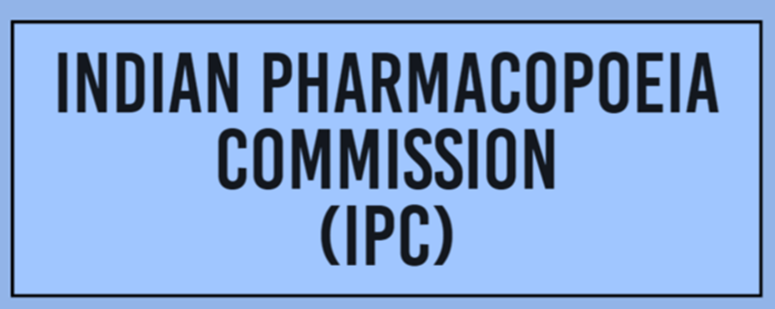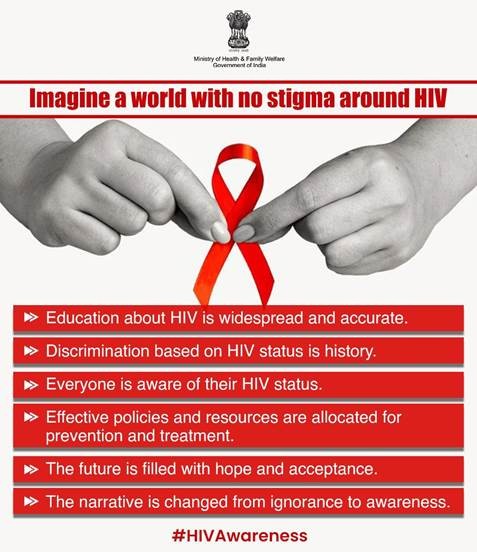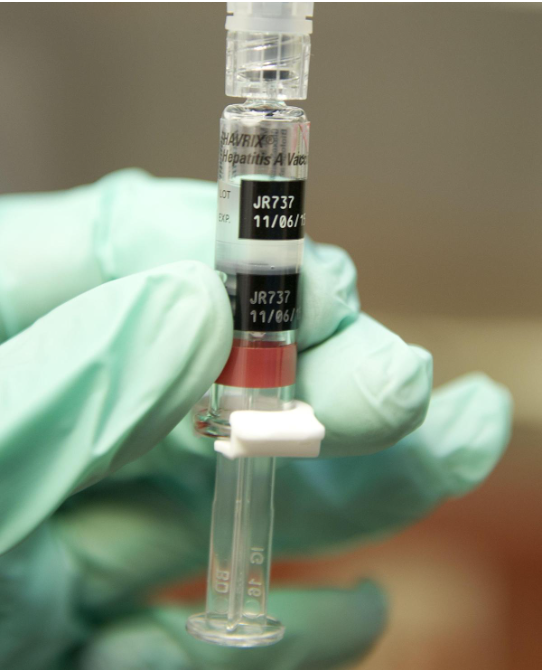





Context: The inclusion of the Indian Pharmacopoeia Commission (IPC) as a member of the Pharmacopoeial Discussion Group (PDG) has significant implications for the global pharmaceutical industry and the quality and safety of pharmaceutical products.
Key Highlights about the impact of IPC's membership in the PDG:
|
Harmonization of Pharmacopoeial Standards |
●IPC's participation in the PDG will facilitate the harmonization of pharmacopoeial standards across different regions. This means that pharmaceutical manufacturers will no longer have to perform analytical procedures differently or adhere to different acceptance criteria to meet pharmacopoeial requirements in various parts of the world. This harmonization simplifies the regulatory process for manufacturers. |
|
Increased International Visibility |
●IPC's membership in the PDG will elevate the visibility of the Indian Pharmacopoeia on the global stage. It positions IPC as a progressive pharmacopoeia that designs drug quality standards at par with international norms. This enhanced global recognition benefits both domestic and export markets, as it signifies that Indian pharmaceutical products adhere to internationally recognized quality standards. |
|
Recognition by Other Countries |
●IPC's participation in the PDG can pave the way for recognition by other countries and regulatory bodies. This recognition can lead to broader acceptance of Indian pharmaceutical products in global markets. |
|
Improved Regulatory Compliance |
●Collaboration with other PDG members will enable IPC to exchange information and best practices, aligning Indian regulatory processes and practices with global standards. This alignment makes it easier for Indian pharmaceutical companies to comply with international regulations, reducing barriers to entry into global markets. |
|
Access to Global Markets |
●Membership in the PDG simplifies and expedites the export of Indian pharmaceutical products to other member countries. Adherence to international standards reduces trade barriers and facilitates access to global markets, expanding opportunities for Indian pharmaceutical companies. |
|
Global Health Impact |
●The harmonization of pharmacopoeial standards among PDG members is crucial for global public health. It ensures the safety and efficacy of pharmaceutical products worldwide, helping to prevent the circulation of substandard or counterfeit drugs. This has a direct and positive impact on public health and patient safety across the globe. |
Indian Pharmacopoeia Commission (IPC)
About
Key points about the IPC and its functions:
|
Pharmacopoeial Discussion Group (PDG) ●The Pharmacopoeial Discussion Group (PDG) plays a crucial role in the harmonization of pharmacopoeial standards, which are essential for ensuring the quality and safety of drugs and excipients worldwide. ●The PDG was established in 1989 and is composed of three major pharmacopoeial organizations: the European Directorate for the Quality of Medicines and Healthcare (EDQM), the Japanese Pharmacopoeia, and the United States Pharmacopeia (USP). The World Health Organization (WHO) also participates as an observer. These organizations collaborate to achieve harmonization. ●The primary goal of the PDG is to develop and adopt common standards for the quality of drugs and excipients. Harmonization involves aligning pharmacopoeial standards across different regions and countries, to reduce variability, enhance product quality, and promote trade. ●The PDG meets twice a year to discuss and advance harmonization efforts. Additionally, it holds monthly status and technical teleconferences to maintain ongoing communication and progress in its work. ●The harmonized standards developed by the PDG are widely adopted and utilized by drug manufacturers, quality control laboratories, and regulatory authorities in many countries. These standards serve as a basis for quality control, ensuring that pharmaceutical products and excipients meet consistent quality criteria. |
Conclusion
|
PRACTICE QUESTION Q. What are the key challenges and opportunities for the healthcare sector in India, especially in terms of improving accessibility, affordability, and quality of medical services for the country's diverse and growing population? |






© 2025 iasgyan. All right reserved